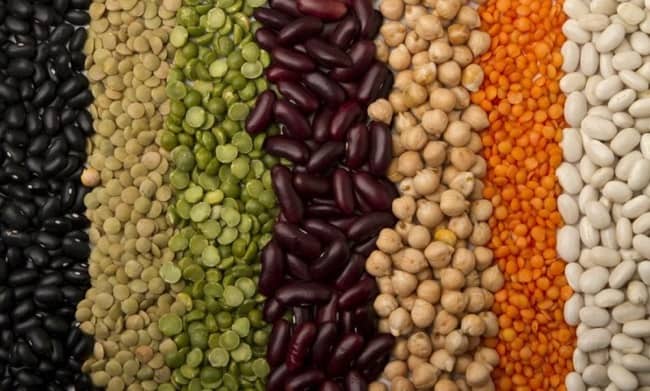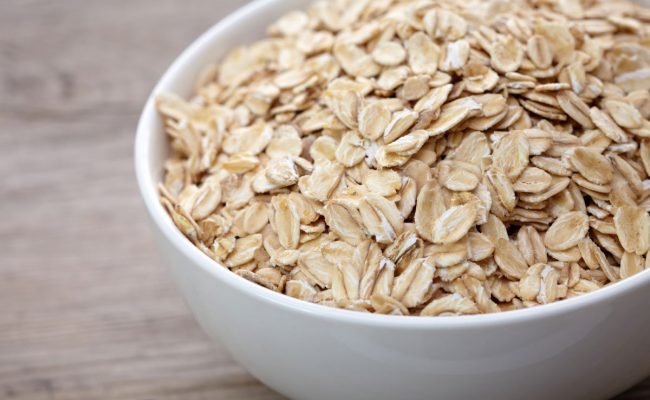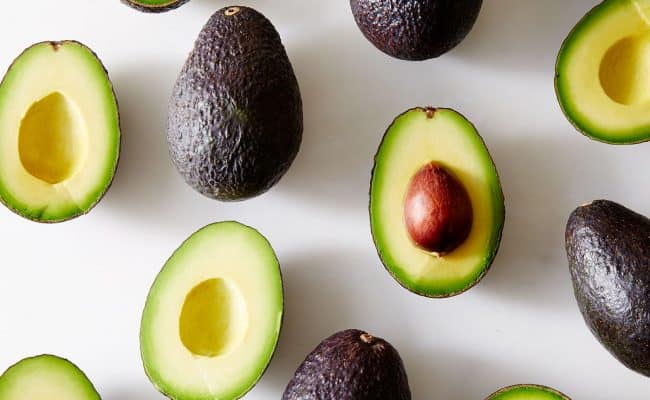
Folic acid, also called folate or vitamin B9, is found in dark green vegetables, whole grains, legumes, root vegetables, milk and seeds. Folic acid’s main association is probably with pregnancy and birth defects. In 1998, grain products began being fortified with folic acid to help lower the risk of birth defects.
One of folic acid’s roles in the body is making new DNA, RNA and new cells in the body.
During pregnancy, this process is extremely increased, so having enough folic acid during pregnancy is important for the baby’s health.
Folic acid has many other functions in the body, but is helping with weight loss one of them?
Functions of folic acid
Besides helping to form new cells in the body, folic acid is also specifically used for making new red blood cells. So, like iron and other nutrients, a deficiency in folic acid can lead to anemia.
Folic acid, B6 and B12 also help lower homocysteine levels in the blood. High levels of homocysteine can increase risk for cardiovascular disease.
Another important function of folic acid relates to brain health. Low levels of folic acid in the blood and high levels of homocysteine are associated with poor cognitive health.
Folic acid helps to keep omega 3 metabolites in the blood, which is helpful for cognitive function. Having higher levels of folic acid and omega 3’s in the blood could be advantageous for cognitive health and lowering risk for dementia and depression.
All B vitamins have a role in helping the body break down carbohydrates and fat for energy. They are considered coenzymes; they help “turn on” enzymes needed for metabolic processes.
Risks of not getting enough
Some symptoms of not getting enough folic acid can include: loss of appetite, inflammation of the tongue, low appetite, low energy, mental fog or diarrhea. Not getting enough folate could lead to megaloblastic anemia.
The risk for not getting enough folate for pregnant women are an increased risk for birth defects.
People with irritable bowel syndrome (IBS), celiac disease or other disorders that affect nutrient absorption may be at risk for not absorbing enough folate. Alcohol can also interfere with folic acid absorption.
Does folic acid help with weight loss?
There is not strong evidence to suggest taking folic acid will help you lose weight. There are MANY factors that impact weight regulation and metabolism.
If you start to take a folic acid supplement, significant weight loss probably won’t happen just because you’re getting a dose of folic acid.
If you are deficient in folate and start to get more in your diet or via a supplement, you could reverse any symptoms you had that impact your energy level.
In this case, getting more folate to reverse low energy caused by folate deficient anemia could help with weight loss because now you will have more energy to move more.
That’s probably not the norm for most people though.
Sometimes B vitamins are added in really high amounts to weight loss supplements or energy drinks because they are used for breaking down carbohydrates and fat for energy.
However, just because you get a really high dose of B vitamins does not mean your metabolism will rev up.
What will probably happen is your body will excrete the extra B vitamins your body doesn’t need at that time.
B vitamins are water soluble and aren’t readily stored in the body, so they are excreted via urine.
Is there any danger for getting too much folic acid?
Getting too much folic acid from food is generally not a concern. The RDA intake for men and women above 19 years is 400 µg and for pregnant women it is 600 µg.
If you are thinking about taking a folic acid supplement, consult your doctor first especially if you are on medication. Folic acid supplement may interact with certain supplements.
Taking a supplement over 800 µg could be a concern for masking a vitamin B12 deficiency which can affect the nervous system.
Conclusion
Folic acid is important for many reasons. It has a role in breaking down carbohydrates and fats for energy, lowers the homocysteine level in the blood, it makes new DNA and it is needed to form new cells in the body specifically red blood cells.
It plays an important role during pregnancy, and pregnant women should make sure they are getting enough folate. Folate is found in leafy greens, fruits, whole grains, legumes and milk. It is also fortified in many processed grains.
There isn’t a strong connection between folic acid and weight loss. All vitamins and minerals are important for overall health, and all B vitamins are necessary for metabolic processes. Just because a weight loss supplement or energy drink has high levels of B vitamins doesn’t mean that will increase metabolic rate.
The adequate level of folate can be found from dietary sources for most people. Before taking a supplement, talk with your physician because a folic acid supplement could interfere with certain medications.
References used in this article










